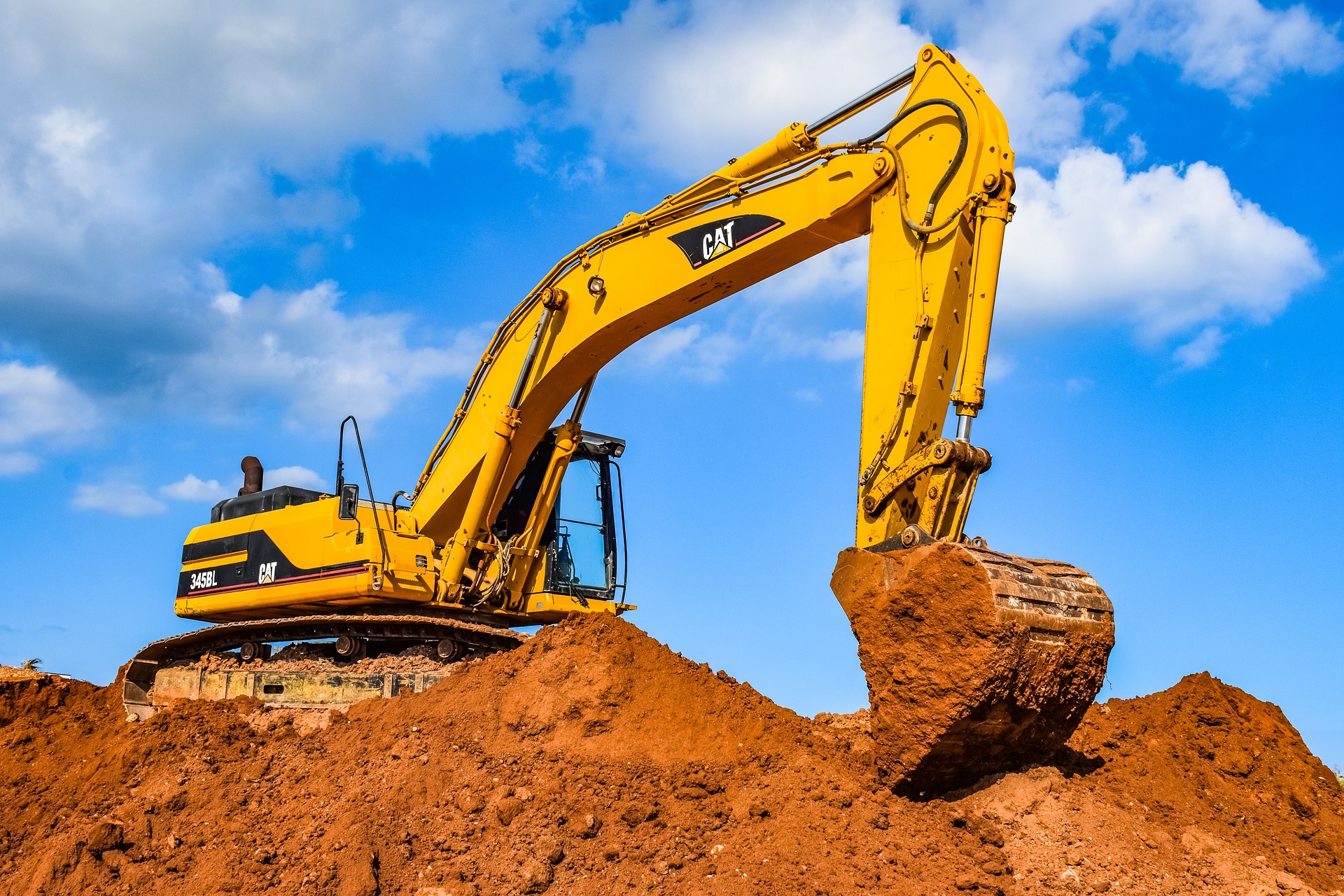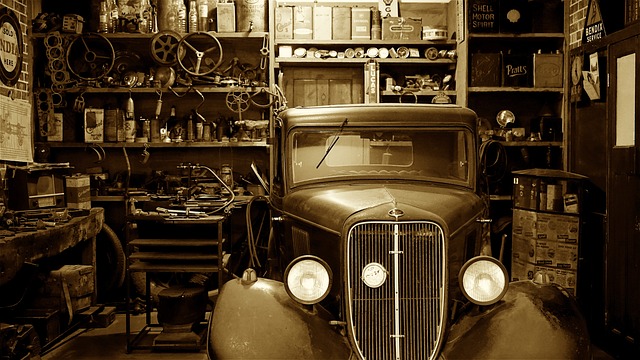Used Mini Excavators: Complete Guide for Canadian Buyers
Used mini excavators are compact construction machines designed for digging and material handling. Pre-owned models vary in condition and hours of use but often provide cost savings compared to new equipment. They are valued for versatility on small sites.

What Are Used Mini Excavators and Their Benefits?
Used mini excavators are pre-owned compact construction machines typically weighing between 1 and 10 tons. These versatile pieces of equipment excel in tight spaces where larger excavators cannot operate effectively. The primary advantages of purchasing used mini excavators include substantial cost savings compared to new models, immediate availability, and proven reliability through previous operational history.
Canadian buyers particularly benefit from the robust used equipment market, with many machines having been well-maintained in challenging weather conditions. Pre owned mini excavators often come with service records that demonstrate their durability and performance capabilities. Additionally, the depreciation curve for these machines levels off significantly after the first few years, making used options financially attractive for budget-conscious buyers.
Essential Features to Consider in Pre Owned Mini Excavators
When evaluating pre owned mini excavators, several critical features deserve attention. Engine hours represent the most important metric, with machines under 3,000 hours generally considered low-usage. Hydraulic system condition directly impacts performance and long-term reliability, so inspect for smooth operation and absence of leaks.
Track condition significantly affects operational costs, as replacement can be expensive. Look for even wear patterns and adequate tread depth. Cab condition and operator comfort features impact productivity, especially for extended work periods. Modern pre owned mini excavators may include climate control, ergonomic seating, and advanced control systems that enhance operator efficiency.
Attachment compatibility expands versatility, allowing one machine to perform multiple functions with buckets, augers, hammers, and other specialized tools. Verify that hydraulic flow rates match your intended attachments for optimal performance.
Comprehensive Used Mini Excavators Guide for First-Time Buyers
A thorough used mini excavators guide should address inspection procedures, financing options, and operational considerations. Begin by establishing your specific needs, including operating weight requirements, dig depth, and primary applications. This foundation helps narrow your search to appropriate models and prevents over-purchasing.
Inspection should include engine performance testing, hydraulic system evaluation, and structural examination for cracks or repairs. Request maintenance records and verify serial numbers match documentation. Consider hiring qualified mechanics for pre-purchase inspections on higher-value machines.
Financing options for used equipment often include traditional bank loans, equipment financing companies, and dealer financing programs. Interest rates and terms vary significantly, making comparison shopping essential. Some sellers offer rent-to-own arrangements that provide flexibility for seasonal operations or uncertain project timelines.
Pricing Considerations and Market Comparison
Understanding current market pricing helps identify fair deals and avoid overpriced equipment. Used mini excavator prices vary based on age, hours, condition, and model popularity. Generally, machines in the 1-3 ton range start around $15,000-$30,000 CAD for older models with higher hours, while low-hour, recent models can reach $50,000-$80,000 CAD.
| Weight Class | Age Range | Typical Price Range (CAD) | Common Brands |
|---|---|---|---|
| 1-2 Tons | 5-10 years | $15,000-$35,000 | Kubota, Bobcat, John Deere |
| 3-4 Tons | 3-8 years | $25,000-$55,000 | Caterpillar, Komatsu, Takeuchi |
| 5-6 Tons | 2-7 years | $40,000-$80,000 | Volvo, Hitachi, Kobelco |
Prices, rates, or cost estimates mentioned in this article are based on the latest available information but may change over time. Independent research is advised before making financial decisions.
Maintenance and Operational Costs
Ongoing maintenance represents a significant ownership cost that buyers must consider. Regular service intervals typically occur every 250-500 hours depending on operating conditions and manufacturer recommendations. Annual maintenance costs generally range from 10-15% of the machine’s purchase price for well-maintained equipment.
Seasonal considerations in Canada include winterization procedures, cold weather starting systems, and potential storage costs. Many operators budget for track replacement every 1,500-2,500 hours, depending on working conditions and maintenance practices. Hydraulic fluid changes, filter replacements, and general wear items should be factored into operational budgets.
Insurance costs vary by province and coverage levels but typically range from $1,500-$4,000 annually for mini excavators. Transportation costs for moving equipment between job sites can impact profitability, making trailer compatibility an important consideration.
Where to Find Quality Used Mini Excavators in Canada
The Canadian used equipment market offers multiple purchasing channels, each with distinct advantages. Authorized dealers often provide warranties, financing options, and service support but may command premium pricing. Equipment auctions, both in-person and online, can offer competitive pricing but require more buyer expertise and carry additional risks.
Private sellers, including contractors and rental companies, frequently offer well-maintained machines at competitive prices. Online marketplaces have expanded options but require careful verification of seller credibility and equipment condition. Regional equipment publications and trade shows provide opportunities to compare multiple options and establish relationships with reputable sellers.
Purchasing used mini excavators requires careful research, thorough inspection, and realistic budgeting for ongoing costs. The Canadian market offers excellent opportunities for buyers willing to invest time in proper evaluation and comparison shopping. By focusing on equipment condition, fair pricing, and long-term operational costs, buyers can secure reliable machines that provide years of productive service while maintaining strong resale value.




